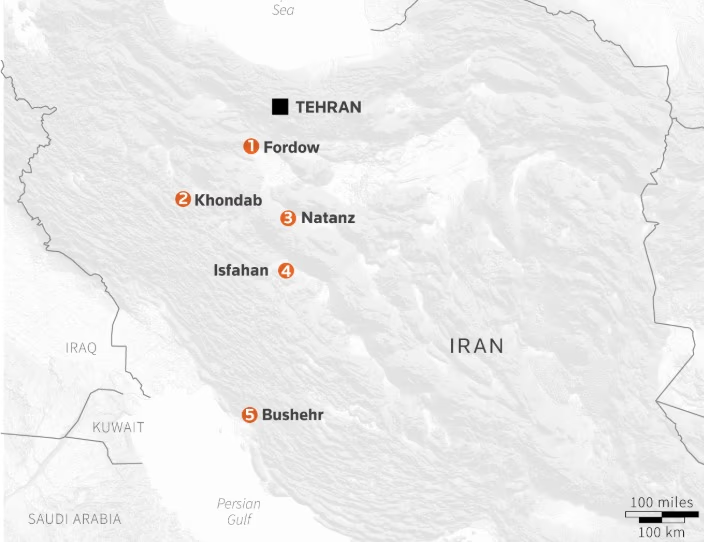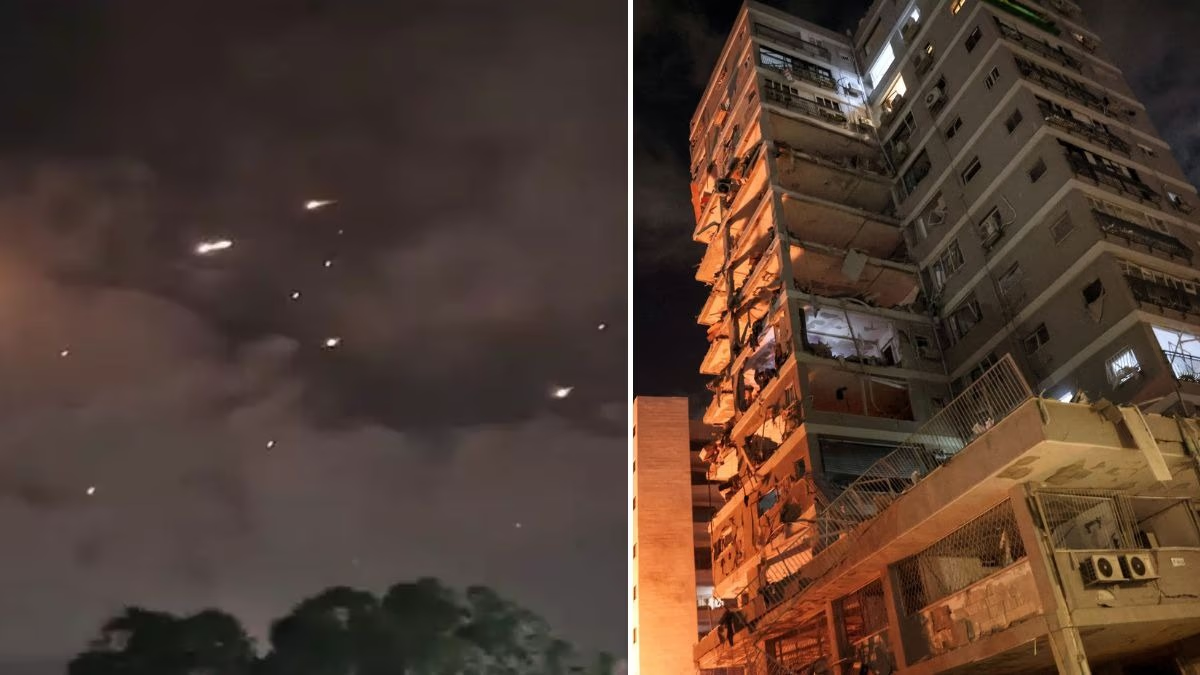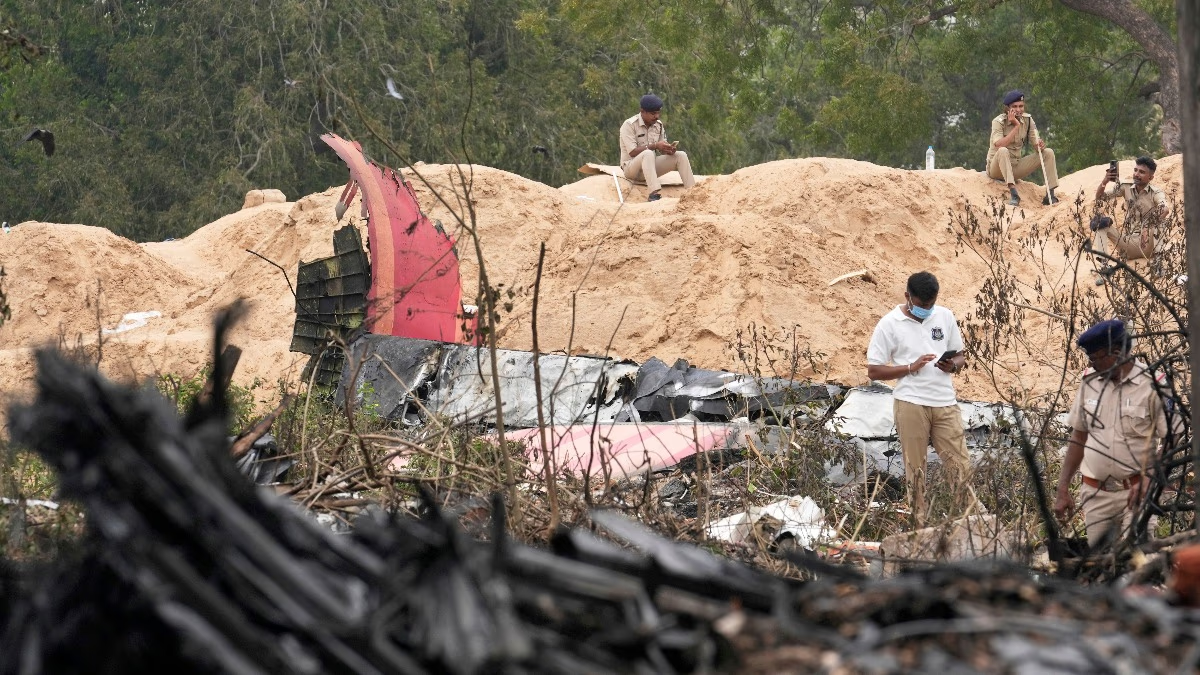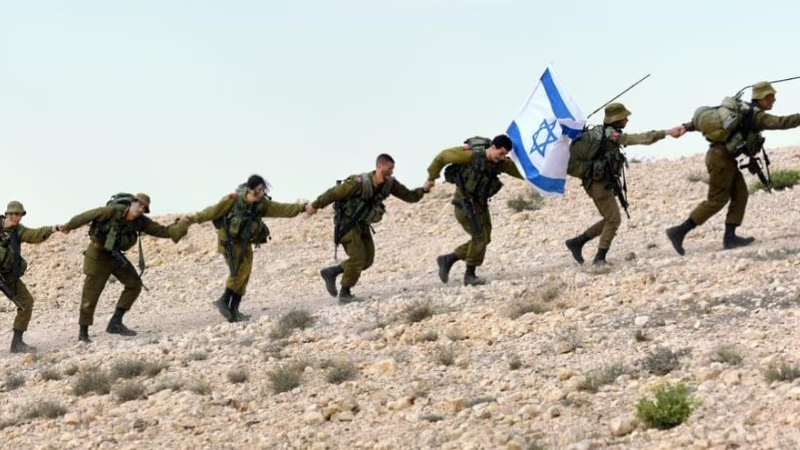Israel and Iran have exchanged missile fire overnight, targeting each other's territories. Israel claims to have targeted Iran's Ministry of Defense. Key oil depots and gas refineries in Iran have been hit by missiles.
Sirens blared in cities like Jerusalem and Tel Aviv at dawn, signaling continued attacks from Iran targeting Tel Aviv. Israeli Prime Minister Benjamin Netanyahu has stated that strikes against Iran will intensify. A harrowing attack on a high-rise in Tehran resulted in the death of 60 individuals, including 29 children.
Israel aims for the complete dismantling of all Iranian nuclear facilities. Iran has five major nuclear power plants, including Fordow, Khondab, Natanz, Isfahan, and Bushehr.
Target: Iran's Nuclear Plants, Oil Depots, and Gas Refineries
Methodically, Israel is striking Iran's critical infrastructure. Following attacks on nuclear facilities, they now target oil depots and gas refineries, including the Shaharan Oil Depot near Tehran. Attacks also occurred near Bushehr City at a gas field and an oil refinery in Abadan. Reports of attacks on an Iranian port have also emerged.

Source: aajtak
Israel struck Iran's Bushehr's Fajr Gas Refinery, considered one of the world's largest natural gas reserves, processing 125 million cubic meters of gas daily.
Over the past 48 hours, Israeli assaults have reportedly resulted in over 130 fatalities in Iran, including nuclear scientists and senior commanders. Injury tolls exceed 300. In response, Iran has activated air defense systems across several states.
Iran is reciprocating with over 150 missile strikes on Israel, claiming five fatalities and over 100 injuries. Iran asserts the downing of several Israeli F-35 aircraft, yet lacks confirmation.
Iran Targets Israeli Cities of Tel Aviv and Haifa
Iran's Supreme Leader Ayatollah Khamenei declared that Israel, having initiated this conflict, cannot escape it. He warned that Israel will face the opening of the gates of hell.
Prompted by Khamenei's statement, Iran has ramped up its assaults on Israel. Images and videos of the Iranian strikes' devastation in Israel's capital, Tel Aviv, have surfaced.
Iran has relentlessly attacked not just Tel Aviv but also the city of Haifa, reducing multiple buildings to debris. Iran claims hits on Israel's Ministry of Defense.
Spotting the danger of full-scale war in the Middle East, U.S. President Donald Trump cautioned Iran, emphasizing that Israeli assaults could worsen. Trump stated that a nuclear deal must be reached before reaching a point of no return.
Why Have Israel and Iran Clashed?
Israel and Iran, Middle Eastern countries, currently see each other as adversaries. Yet there was a time when their relations were amicable. After Israel's establishment on May 14, 1948, Iran recognized it as a nation in 1950.
The Iranian coup of 1953 reinstated the Shah's rule, under which Israel and Iran shared strong ties. During Shah Mohammad Reza Pahlavi's time, Iran heavily supported newly established Israel, supplying oil. At a time when Israel was not favored by other Gulf states, Iran was an ally, even signing a 1968 pipeline agreement for oil supply. During Iran's 1980s war with Iraq, Israel provided it with weapons, including high-tech missiles and anti-tank guns.
Their relationship soured when the 1979 Islamic Revolution displaced the Shah, and Ayatollah Ali Khamenei became Supreme Leader. The revolution not only transformed Iran into a fundamentalist Islamic republic but also strained Israel-Iran relations. Sanctions pushed Iran away from allies like the USA and Saudi Arabia. The 1991 Gulf War further worsened the situation. Iran once referred to Israel as ‘the small Satan’ and America as ‘the big Satan,’ and faced accusations of provoking proxy wars against Israel.




